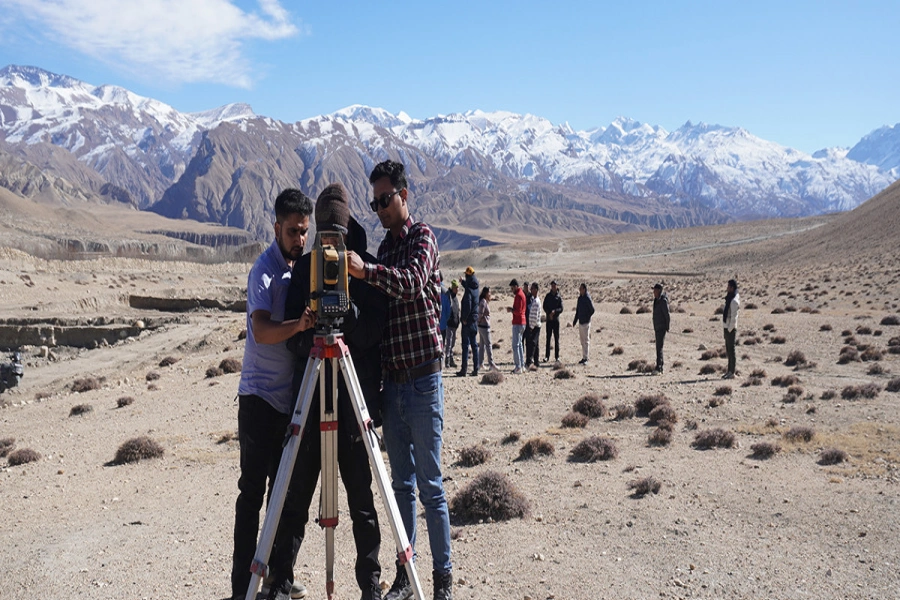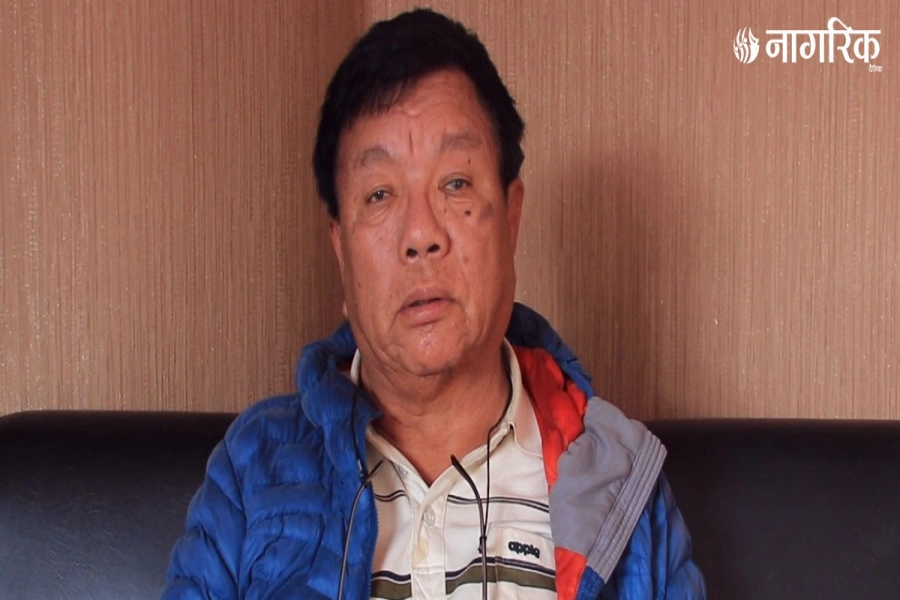JUMLA, Dec 27: In Jumla, Dunedi, a traditional technology for the extraction of oil from oilseeds, stands on the verge of extinction. With the development of modern technology, the Dunedi technology has reached the state of extinction.
According to Rama Upadhyay of Chandannath Municipality-2, the use of the traditional Dunedi technology is disappearing due to the supply of electricity as well as transportation facilities in rural areas which lead to the establishment and use of a mill near the District Headquarters of Khalanga. Rama added that now the road has reached all the local villages in Jumla which replaced the Dunedis with advanced mills.
Vultures on verge of extinction in Sudurpaschim

Nowadays youngsters are not interested in making traditional tools. The farmers of Jumla are not active in cultivating oilseed crops. After the availability of edible oil in the market and the use of mills to get oil , the traditional Dunedi technology has become useless in the villages.
The cultivation of oilseed crops in Jumla is also decreasing. Six years ago, the oils of mustard, sunflower, parsley, walnut, pumpkin, etc were found extracted in Dunedi made of wood or stone, but now they are no longer used.
The elders are worried that Dunedi is disappearing. In Jumla and other districts, the interest of local farmers has started to decline, especially in mustard cultivation. At one time the residents of this place who used to spend more than half of their time in oilseed crops are displacing Dunedi due to the availability of readymade packaged oil, according to Kalpana Pariyar of Hima Rural Municipality. A few years ago, the Dunedi technology would be used in everyone's home but lately it has been disappearing. Although only some old people are making Dunedis these days, the younger generation is not interested in preserving it. No matter how much the price is, the villagers are ready to buy packets of oil available in the market. It seems that locals do not have the awareness to protect the locally-available traditional technologies.



































